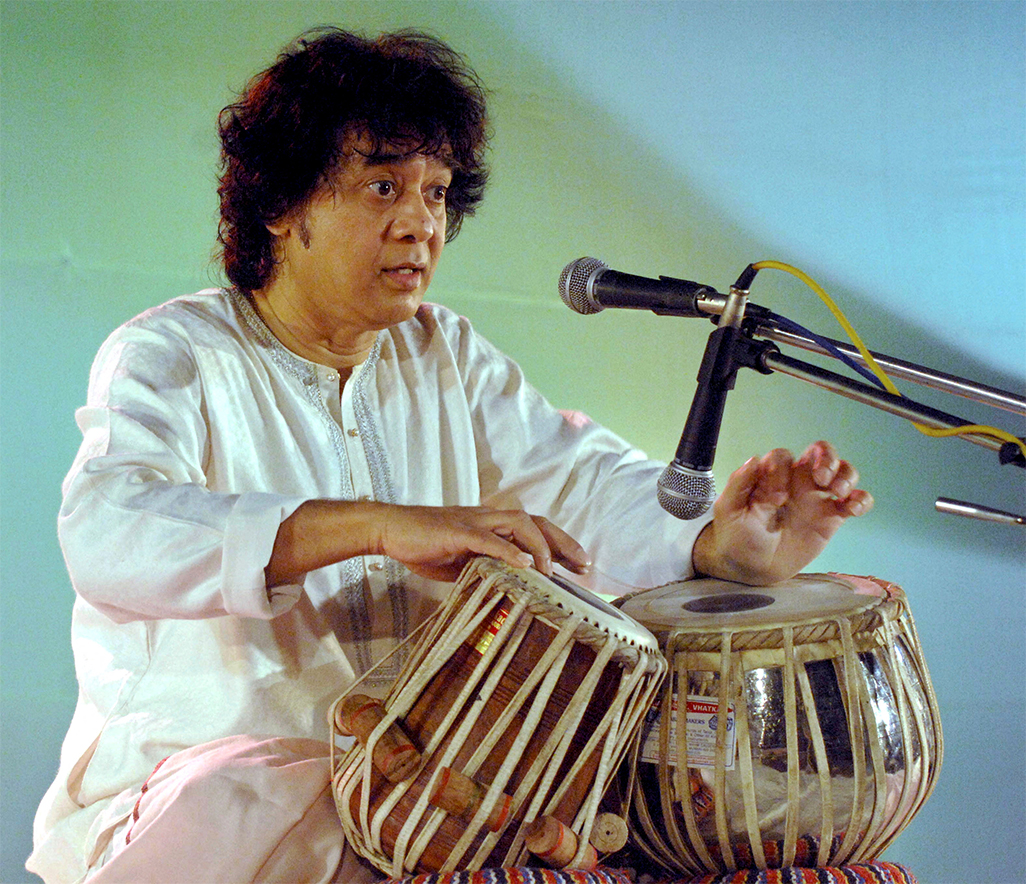BERLIN: Germany on Wednesday banned the Hamburg Islamic Center, an association that has been under investigation for several months over its alleged support for Lebanon’s Hezbollah group and its links to Iran.
The Interior Ministry accused the center of presenting itself as a purely religious organization with no political agenda, but said its probe has found the contrary to be true.
In a statement, the ministry said that it “banned the Hamburg Islamic Center and its affiliated organizations throughout Germany to date, as it is an Islamist extremist organization pursuing anti-constitutional objectives.”
Accusing the group of being a “direct representative of Iran’s supreme leader,” the ministry said the center spreads Tehran’s ideology “in an aggressive and militant manner.”
It is allegedly seeking to “establish authoritarian, theocratic rule” in place of a democracy, said the ministry, accusing the center of backing the “military and political dimension” of organizations like Hezbollah.
It is also believed to propagate anti-Semitism, something that Germany has been battling to stem amid a jump in cases following Israel’s war on Gaza in response to the deadly attack by Hamas militants on Israeli soil.
Investigators raided 53 properties allegedly linked to the center across Germany on Wednesday, and the ban will also be imposed on several organizations related to the Hamburg center — including four Shiite mosques.
“I want to make it very clear: We are not taking action against a religion,” said Interior Minister Nancy Faeser.
“We are drawing a clear distinction between the Islamist extremists that we are cracking down on and the many Muslims who belong to our country and live according to their faith.
“This ban absolutely does not apply to the peaceful practice of the Shiite religion,” she stressed.
Germany considers Hezbollah a “Shiite terrorist organization” and in 2020 banned Hezbollah from carrying out activities on its soil.
The Hamburg Islamic Center runs the Imam Ali Mosque, also known as the Blue Mosque, and calls have been growing in recent years for authorities to close it down because of its alleged links to Iran.
Founded by Iranian immigrants in 1953, the Hamburg Islamic Center had already been under surveillance by domestic intelligence for some time.
In November, investigators had conducted sweeping raids of its premises and other related sites across seven of Germany’s 16 states.
“Extensive evidence” that was secured then had “confirmed suspicions sufficiently to order today’s ban” of the group, said the interior ministry.
The regional government of Hamburg welcomed the decision, with interior minister of the state Andy Grote saying the “closure of this outpost of the Iranian inhumane regime is a real blow against Islamist extremism.”
Iran summons German envoy
Tehran said it summoned the German ambassador on Wednesday after the closure of an Islamic center in Hamburg over alleged support for Lebanon’s Hezbollah and links to Iran.
“Following the action of the German police which closed a number of Islamic centers, the German ambassador was summoned today to the ministry of foreign affairs,” the ministry said in a statement on social media platform X.
Iran’s foreign ministry condemned Germany’s “hostile action” and said it was “contrary to the fundamental human rights principles.”
“Unfortunately, what happened in Germany today is a clear example of Islamophobia and a confrontation to the teachings of the Abrahamic religions,” it said.
The ministry hailed “valuable and unforgettable services of Islamic centers, including the Hamburg Islamic Center, in explaining the religious teachings of Islam, promoting the principle of dialogue and religious tolerance, as well as combating extremism.”



























